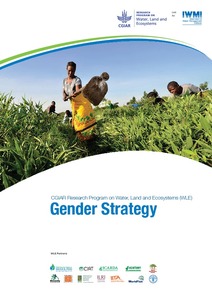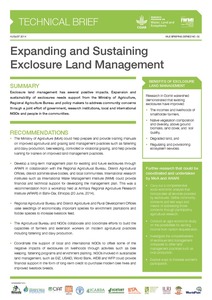Location
The International Water Management Institute (IWMI) is a non-profit, scientific research organization focusing on the sustainable use of water and land resources in developing countries. It is headquartered in Colombo, Sri Lanka, with regional offices across Asia and Africa. IWMI works in partnership with governments, civil society and the private sector to develop scalable agricultural water management solutions that have a real impact on poverty reduction, food security and ecosystem health. IWMI is a member of CGIAR, a global research partnership for a food-secure future.
IWMI’s Mission is to provide evidence-based solutions to sustainably manage water and land resources for food security, people’s livelihoods and the environment.
IWMI’s Vision, as reflected in the Strategy 2014-2018, is ‘a water-secure world’. IWMI targets water and land management challenges faced by poor communities in the developing countries, and through this contributes towards the achievement of the United Nations Millennium Development Goals (MDGs) of reducing poverty and hunger, and maintaining a sustainable environment. These are also the goals of CGIAR.
IWMI works through collaborative research with many partners in the North and South, and targets policymakers, development agencies, individual farmers and private sector organizations.
Resources
Displaying 191 - 195 of 959Irrigation in West Africa: Current Status and a View to the Future
Gender strategy: CGIAR Research Program on Water, Land and Ecosystems
WLE’s Gender Strategy sets out a path for the program to engage in pioneering research that generates findings and catalyzes action to address the gender-based challenges facing women and men, who are dependent on water, land and ecosystems for their livelihoods, food, nutrition and water security, and incomes. The strategy starts out and tests the hypothesis that gender equity promotes sustainable agriculture in vibrant ecosystems.
Extent of arsenic contamination and its impact on the food chain and human health in the eastern Ganges Basin: a review
Exposure to arsenic and the use of arsenic-contaminated groundwater in agriculture causes serious health issues. Complete or partial contamination of groundwater is reported worldwide, especially in the Eastern Gangetic Basin (EGB). This study aims to create an overall assessment of arsenic contamination in the EGB based on existing literature, demarcate the extent of the affected area, highlight the impacts on the food chain and human health, and hopes the research will help in the better planning and management of groundwater.







